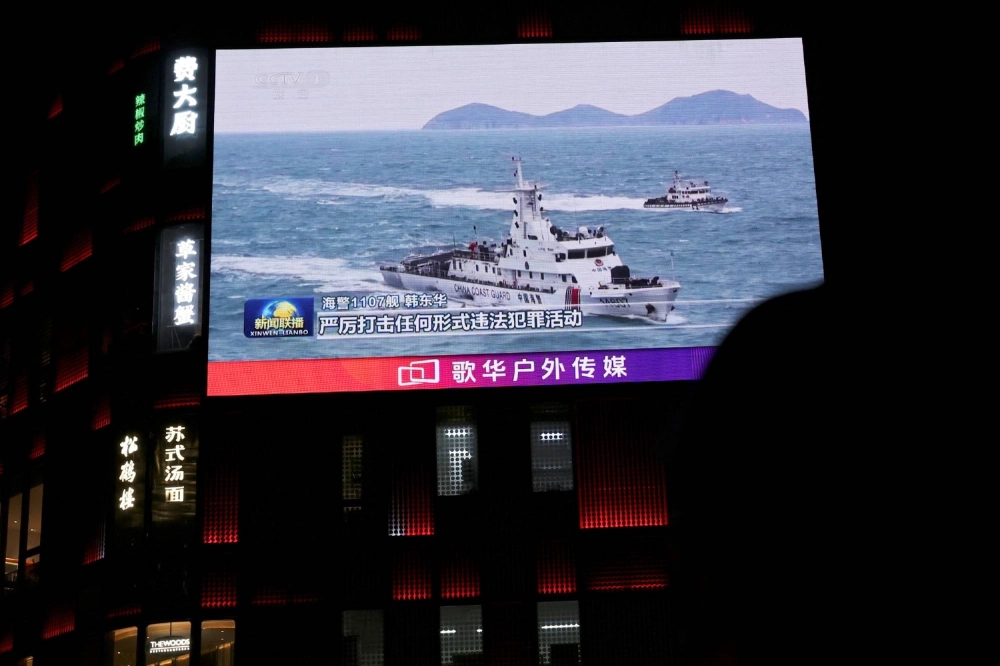China is increasing military activities near Taiwan and honing its ability to stage a surprise attack, as well as seeking to undermine trust in the government with "hybrid" online warfare tactics, the island's defense ministry said on Thursday.
Democratically-governed Taiwan, which China views as its own territory, has faced increased military pressure from Beijing over the past five years, including at least seven rounds of major war games around the island since 2022.
China has been using artificial intelligence tools to weaken Taiwan's cybersecurity and to scan for weak points in critical infrastructure, the defense ministry said in a report released every two years.


















With your current subscription plan you can comment on stories. However, before writing your first comment, please create a display name in the Profile section of your subscriber account page.